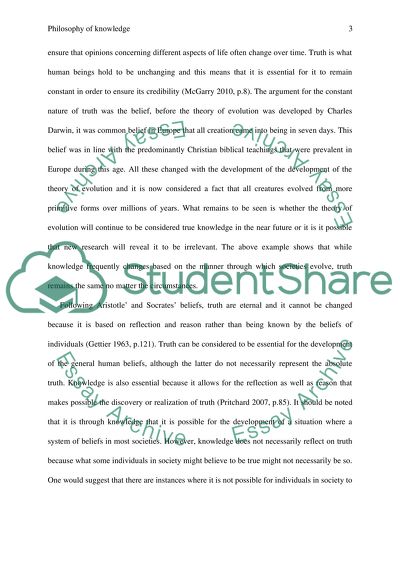Cite this document
(“The Philosophy of Knowledge Essay Example | Topics and Well Written Essays - 1000 words”, n.d.)
Retrieved from https://studentshare.org/philosophy/1687785-philosophy-of-knowledge
Retrieved from https://studentshare.org/philosophy/1687785-philosophy-of-knowledge
(The Philosophy of Knowledge Essay Example | Topics and Well Written Essays - 1000 Words)
https://studentshare.org/philosophy/1687785-philosophy-of-knowledge.
https://studentshare.org/philosophy/1687785-philosophy-of-knowledge.
“The Philosophy of Knowledge Essay Example | Topics and Well Written Essays - 1000 Words”, n.d. https://studentshare.org/philosophy/1687785-philosophy-of-knowledge.


